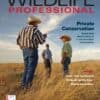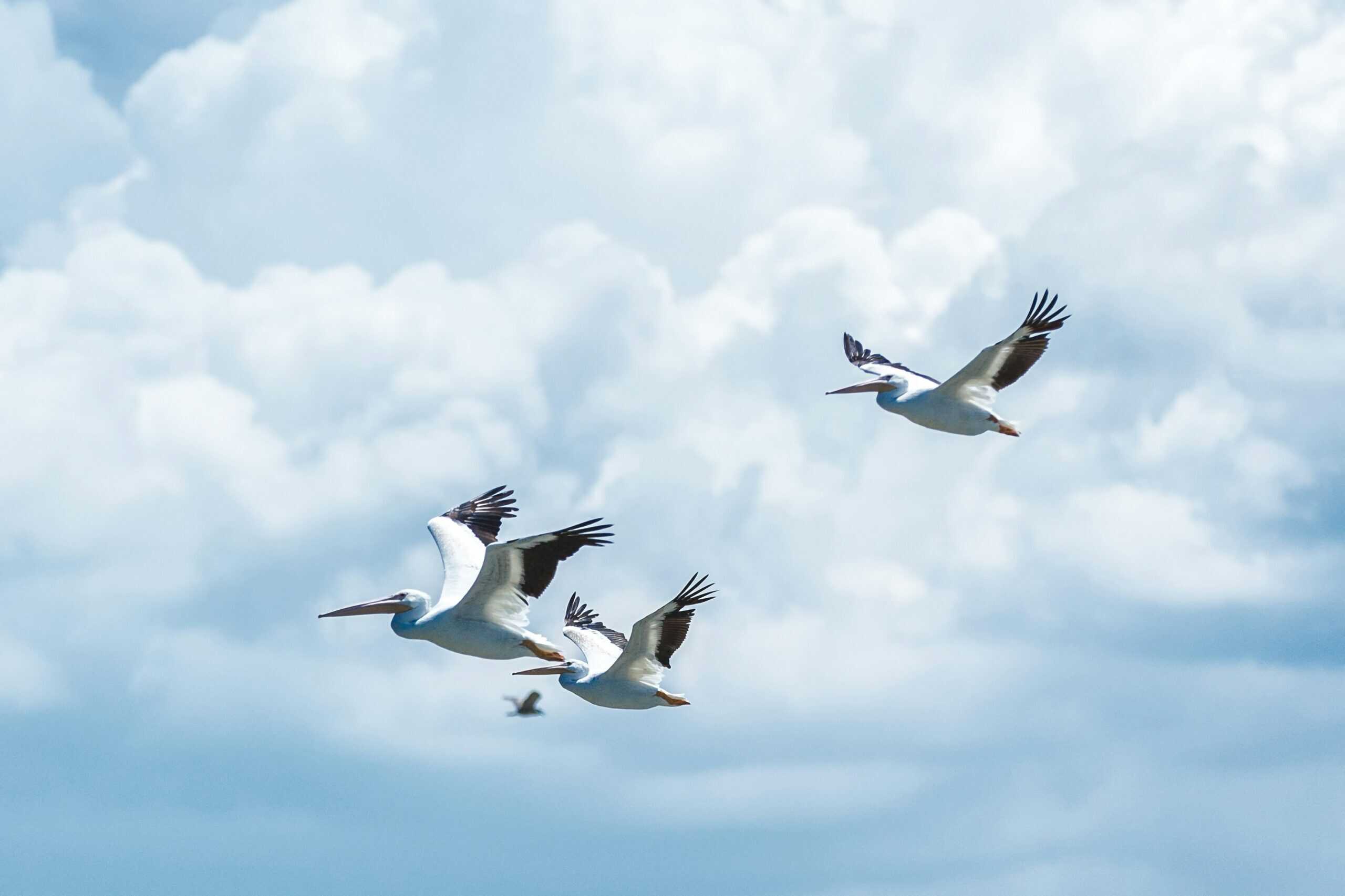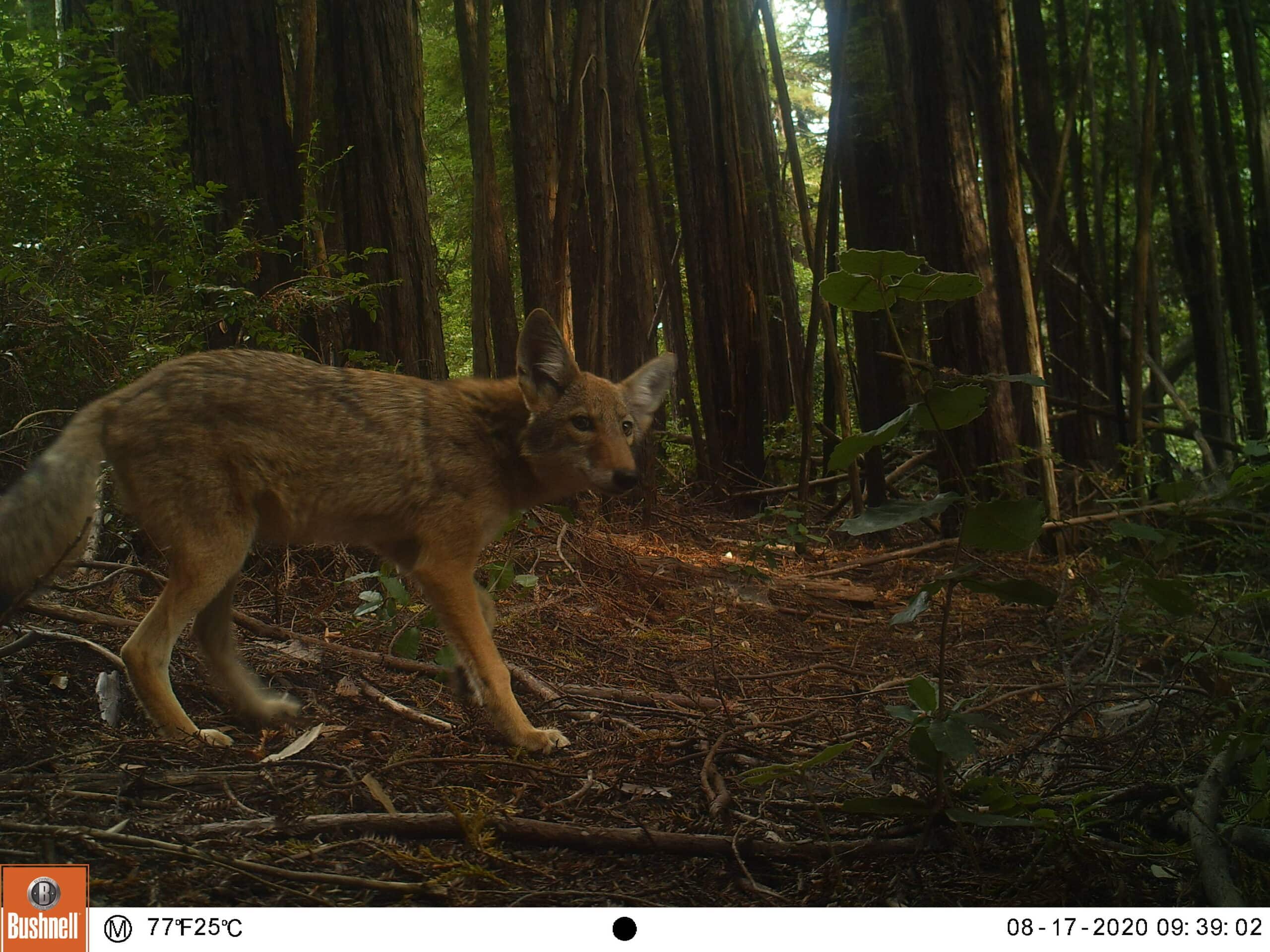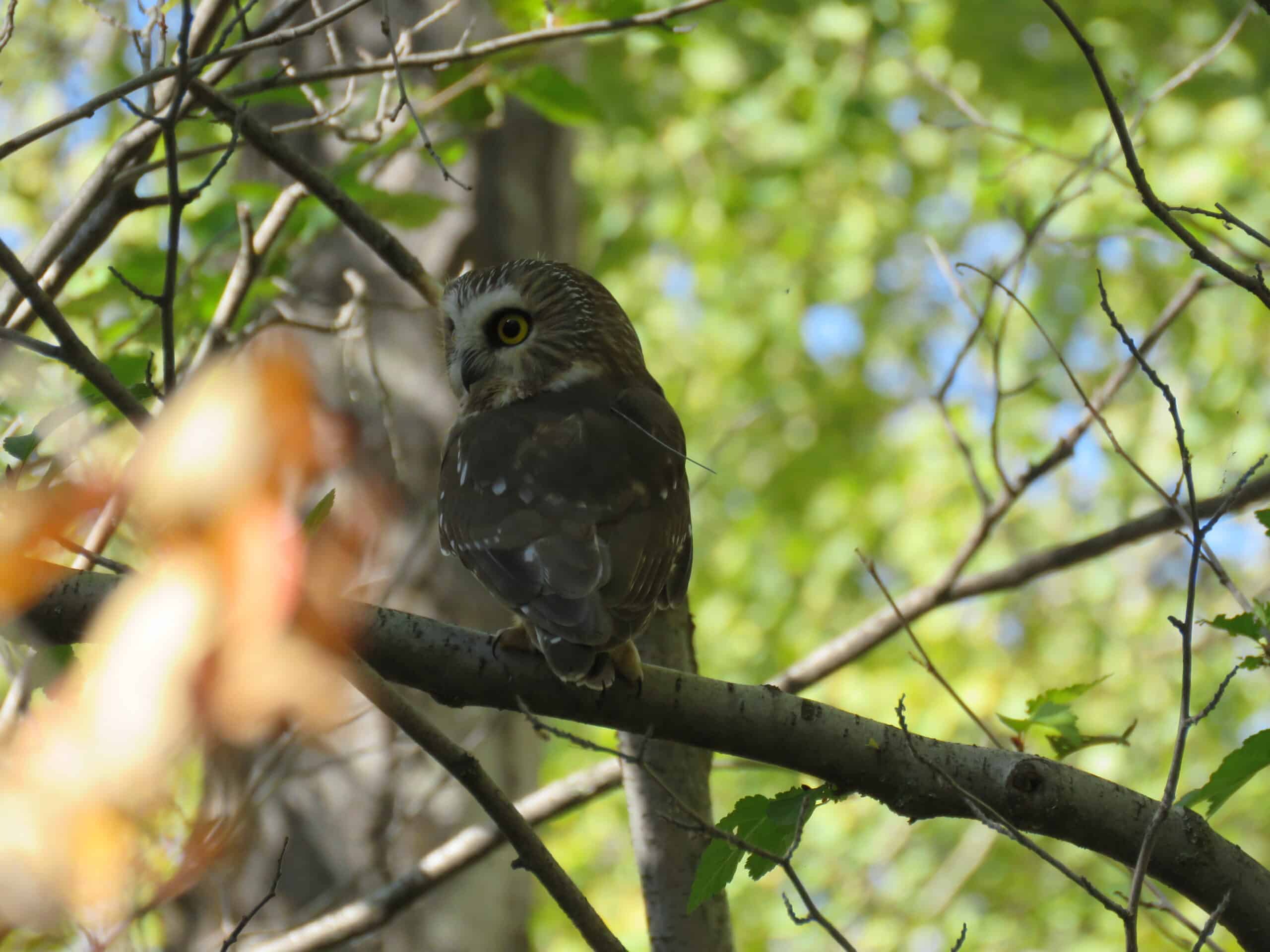Share this article
House passes Interior-EPA spending bill
On July 14, the House of Representatives passed the fiscal year 2017 Department of the Interior, Environment, and Related Agencies Appropriations Bill (H.R. 5538). The $32.1 billion bill, which passed the House largely along party lines, would fund the Environmental Protection Agency, U.S. Forest Service, and Department of the Interior in FY 2017.
Over 130 amendments were put forward for a vote and 101 were adopted. Several of these measures would have far-reaching implications for wildlife conservation and funding, including but not limited to:
- the removal of Endangered Species Act protections for the New Mexico meadow jumping mouse (Zapus hudsonius luteus); put forth by Representatives Lummis (R-WY) and Pearce (R-NM);
- the prevention of funds from being used to treat the Mexican wolf (Canis lupus baileyi) as a threatened or endangered species and the prevention of funds to put in place a recovery plan for the species that applies outside of the wolf’s historic range; put forth by Representatives Gosar (R-AZ) and Pearce (R-NM);
- the prevention of funds from being used to implement or enforce the threatened listing of the Preble’s meadow jumping mouse (Zapus hudsonius preblei); put forth by Representative Lamborn (R-CO);
- the prevention of funds from being used to implement the “Alaska Hunting and Trapping in National Preserves” rule; put forth by Representative Young (R-AK); and
- the prevention of funds from being used after June 2017 to treat the gray wolf (Canis lupus) as an endangered or threatened species; put forth by Representative Newhouse (R-WA).
An amendment was also put forth by Representative Polis (D-CO) that would have prohibited the BLM from using funds to study or implement the surgical sterilization of overpopulated wild horses and burros. TWS, through the National Horse & Burro Rangeland Management Coalition, opposed this amendment, believing it would restrict BLM’s options for managing these populations in balance with the rest of the rangeland ecosystem. The amendment was ultimately withdrawn from consideration.
The full Senate has not yet taken action on its Department of the Interior, Environment, and Related Agencies Appropriations Bill (S.3068), which moved out of committee in mid-June. Once the Senate votes on its bill, it will be reconciled with the House’s version and another vote will be required in both chambers. If this final version is passed, it will move to the president for either a veto or passage into law. See TWS’ Policy Toolkit for more information on the annual appropriations process.
The White House has already threatened a veto, pointing to multiple riders in the House bill that would curtail programs that aim to reduce greenhouse gases, tighten fossil fuel industry regulations, and conserve natural resources.
The Wildlife Society’s Government Affairs & Partnerships Program will continue to monitor the progress of FY 2017 appropriations in order to work toward a final bill that will benefit wildlife professionals and native wildlife populations.
Header Image:
Amendments to the funding bill could alter protections for the gray wolf.
© John and Karen Hollingsworth, USFWS








